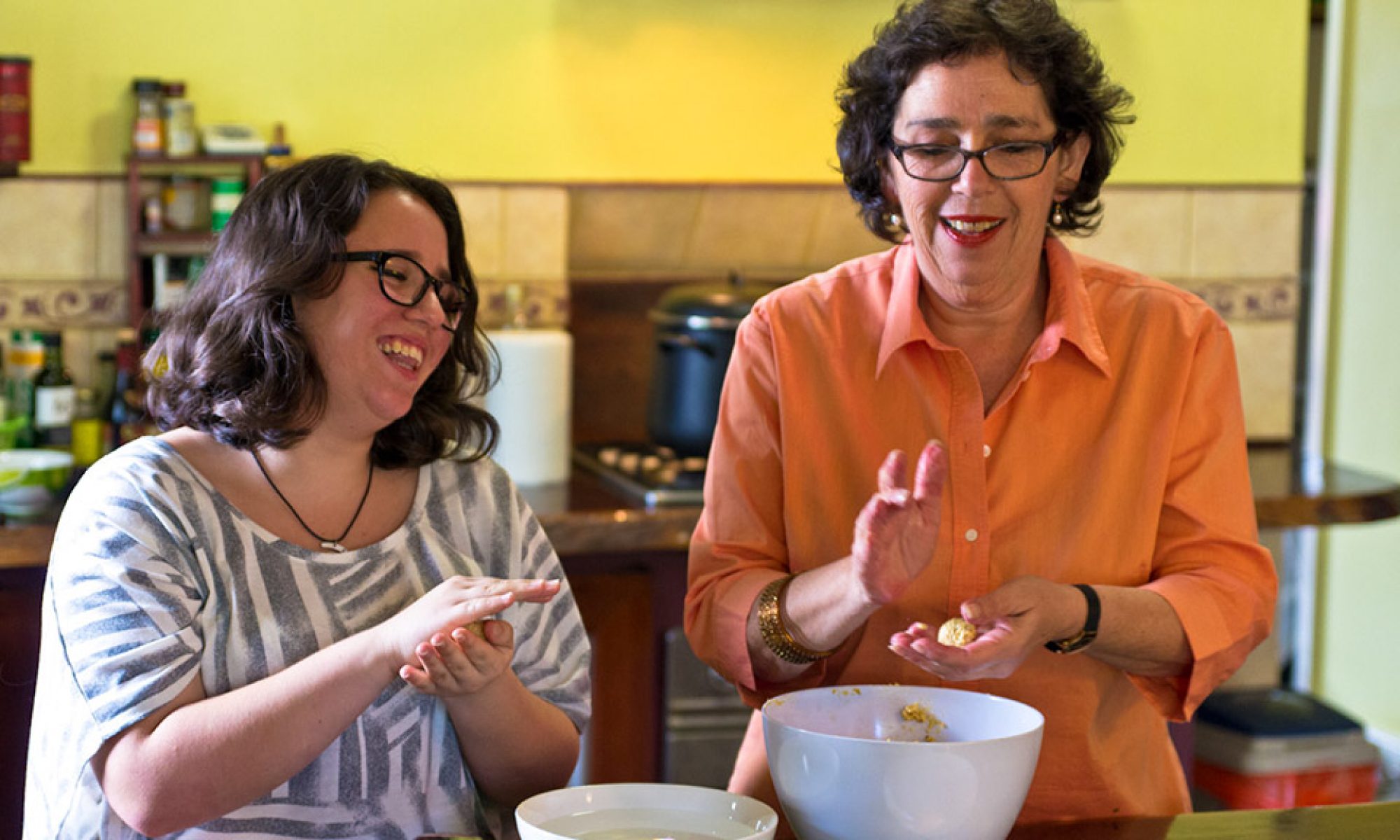The contaminated Nanna’s berry outrage is making me want to tear my hair out. Finally we may see clarification of those confusing country of origin disclosures. How long have the Australian Food and Grocery Association and the big 2 wholesalers been getting away with this? By that I mean squeezing Australian farmers out of business in favour of overseas produce.
Berries from China? Really? And let the mug punters think “Nanna” is an Aussie Nana. This isn’t jingoism or Luddite thinking…we are experiencing global food shortages, shouldn’t we in this wide, brown land be focused on feeding ourselves and providing an excess for our neighbours?
If you’re on a low income then of course choosing between local and imported foods will come down to a question of price, but Australian consumers have every right to expect these products to be safe and ethically produced. What do I mean by ethically produced? The minimum standard would have to be, not produced by slave labour. That is another issue.
We know that, unlike so many smaller purveyors, the big 2 supermarkets’ focus is providing products at a competitive price. The quest for cheap food has lead to the demise of many of our primary industries. I don’t have to tell you that, or that is has also led to our increased dependence on processed food and resultant poor health outcomes.
Then there are food miles, how do we ignore the energy used to import foods? Even the most ethical of eaters struggle with this. From Vodka to Lindt chocolate, who am I to point a finger? If only I could find Australian pickled cucumbers almost as good as the Israelis make I’d buy them, but Israel and Poland seem to have that market covered. And apart from the odd desperate American pomegranate in winter &endash; and I stress the desperate as I’m usually not pleased with the results, I buy only local fruit, veg, and certainly seafood.
Which is why I particularly loved this cartoon.

http://www.skinnytwinkie.com/2013/10/i-only-use-local-children/
But apart from the food miles and other ethical concerns I am mostly concerned with, dare I say it? Common sense arguments. And sensible they are:
Shouldn’t we all feed ourselves?
Shouldn’t a big country like ours want to feed its population?
Well, with discussions of coal mining in the Hunter Valley, it would seem that the answer from government seems to be “no”. Somehow free trade is the answer to all our prayers. So dear old “Nanna” says FU to the berry farmers of Tassie and elsewhere and now we have pre-schoolers possibly infected with hep A from their smoothies.
The PM expresses concern but he says: “ more red tape and regulation of the private sector could lead to soaring food costs…’We want safe products but we want safe products at a fair price. Some price is worth paying, but it’s got to be a careful balancing act.’”
http://www.sbs.com.au/news/article/2015/02/18/school-kids-caught-hepatitis-berry-scare
Yes it’s a balancing act, and what we need to balance is the right of all Australians to clean healthy food, the rights of farmers to earn a living and the right to food security for future generations.

